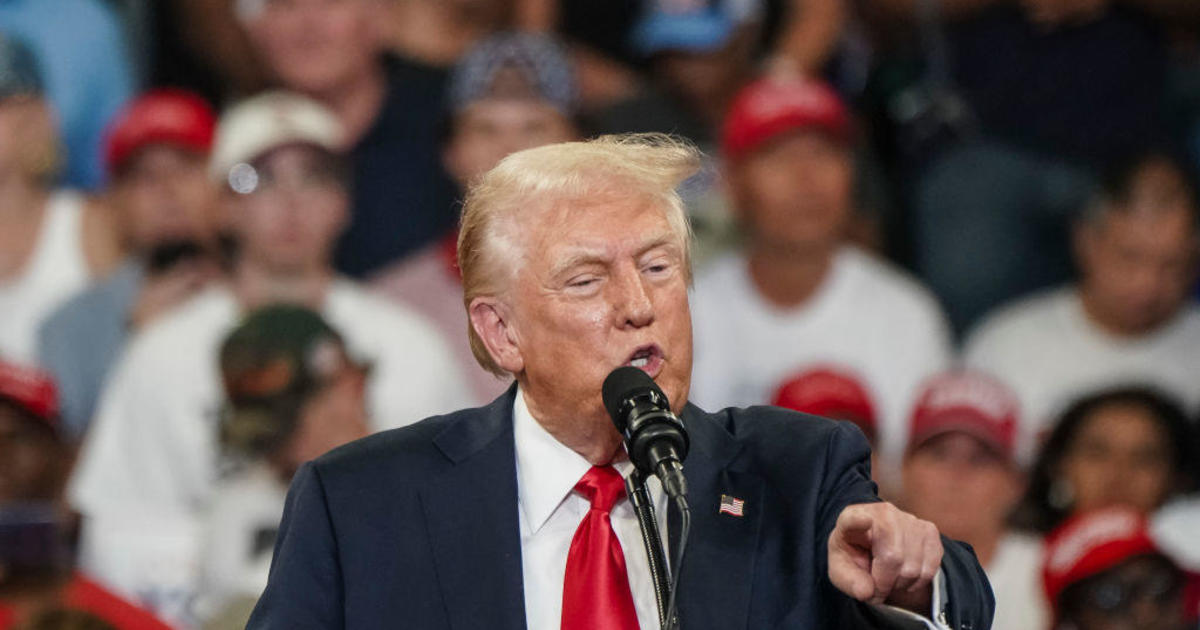The Arizona grand jury that indicted 18 Republican supporters of former President Donald Trump who falsely claimed he won the state in the 2020 election made headlines this week for considering whether to charge Trump himself. However, prosecutors ultimately advised against pursuing charges against the former president, citing a U.S. Justice Department policy that limits prosecuting someone for the same crime twice. The court documents filed by Democratic Attorney General Kris Mayes’ office shed light on the exchanges between prosecutors and the grand jurors who heard 18 days of testimony in the case.
As the grand jurors were deliberating possible charges, a prosecutor presented a PowerPoint presentation on the policy that restricts double jeopardy prosecutions and emphasized that they may not have had all the necessary evidence to charge Trump at that time. The prosecutor, who remains unidentified in the records, acknowledged that this decision may disappoint some individuals but ultimately advised against indicting Trump. Despite not facing charges in the Arizona case, Trump was referred to as an “unindicted coconspirator” in the indictment.
The indictment specifically targeted 18 individuals on forgery, fraud, and conspiracy charges, including 11 Republicans who submitted a document falsely claiming Trump had won Arizona, five lawyers connected to Trump, and two former Trump aides. While Trump escaped charges in this instance, he is currently facing legal troubles in a federal case brought by special counsel Jack Smith, accusing him of plotting to overturn the 2020 presidential election.
Jason Lamm, a former prosecutor turned criminal defense attorney in Phoenix, weighed in on the decision not to charge Trump in the Arizona case, noting that Mayes’ office was not bound by the U.S. Justice Department policy. Lamm emphasized that this was a choice rather than an obligation and suggested that alternative means could have been utilized to address the case without infringing on the grand jury’s autonomy.
The court filing also disclosed that prosecutors had discouraged grand jurors from bringing charges against a group of Republican state lawmakers who signed a document urging then-Vice President Mike Pence to accept the forged electoral college certificates from the fake electors. When grand jurors inquired about potentially charging the 22 sitting Republican lawmakers and eight others who had won elections but not yet taken office, the prosecutor exercised caution in discussing the intent to defraud by all legislators who signed the document.
In a separate development, attorney Jenna Ellis reached an agreement with Arizona prosecutors this week, agreeing to cooperate in exchange for the dismissal of charges against her. Ellis had previously pleaded guilty in Georgia to a felony charge related to efforts to overturn Trump’s 2020 election loss in that state. Additionally, Loraine Pellegrino, a Republican activist who signed the document falsely claiming Trump had won Arizona, became the first person to be convicted in connection with the case.
Overall, the intricate legal proceedings and decision-making processes surrounding the Arizona grand jury’s indictment of Trump supporters underscore the complexities and nuances of the legal system. While Trump managed to avoid charges in this particular case, the implications of his involvement as an “unindicted coconspirator” and the ongoing federal case against him continue to fuel legal debates and discussions surrounding accountability and justice in the aftermath of the 2020 election.









